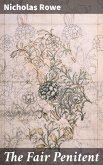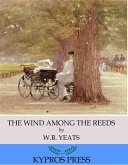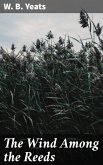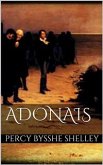In "Comus," John Milton weaves a rich tapestry of themes encompassing temptation, virtue, and the triumph of innocence, all framed within the context of a masques tradition that flourished in 17th-century England. Written in a blend of blank verse and lyrical passages, this narrative poem showcases Milton's profound command of language and his innovative use of allegory. The work juxtaposes the harrowing encounters of the Lady, a symbol of purity, against the predatory designs of Comus, the spirit of revelry, thus exploring the moral conflicts inherent in the pursuit of pleasure versus virtue, encapsulating the tension between light and darkness, both literally and metaphorically. John Milton, a prominent figure of the English Renaissance, drew from his own experiences and convictions as a staunch advocate for individual liberty and virtue. His personal involvement in the political upheavals of his time, coupled with a deep theological and philosophical engagement, provided a fertile ground for the themes explored in "Comus." Notably, Milton's blindness later in life imbued his poetry with an intensified sensory depth, particularly in visual imagery and rhetoric. "Comus" is an essential read for those interested in the exploration of moral philosophy and human nature through the lens of poetic form. Its intricate symbolism and eloquence resonate with contemporary readers while allowing them to reflect on timeless dilemmas of human experience. Whether for scholarly study or personal reflection, Milton's poignant and provocative narrative offers invaluable insights into the enduring struggle between virtue and vice.
Dieser Download kann aus rechtlichen Gründen nur mit Rechnungsadresse in A, B, BG, CY, CZ, D, DK, EW, FIN, F, GR, H, IRL, I, LT, L, LR, M, NL, PL, P, R, S, SLO, SK ausgeliefert werden.









